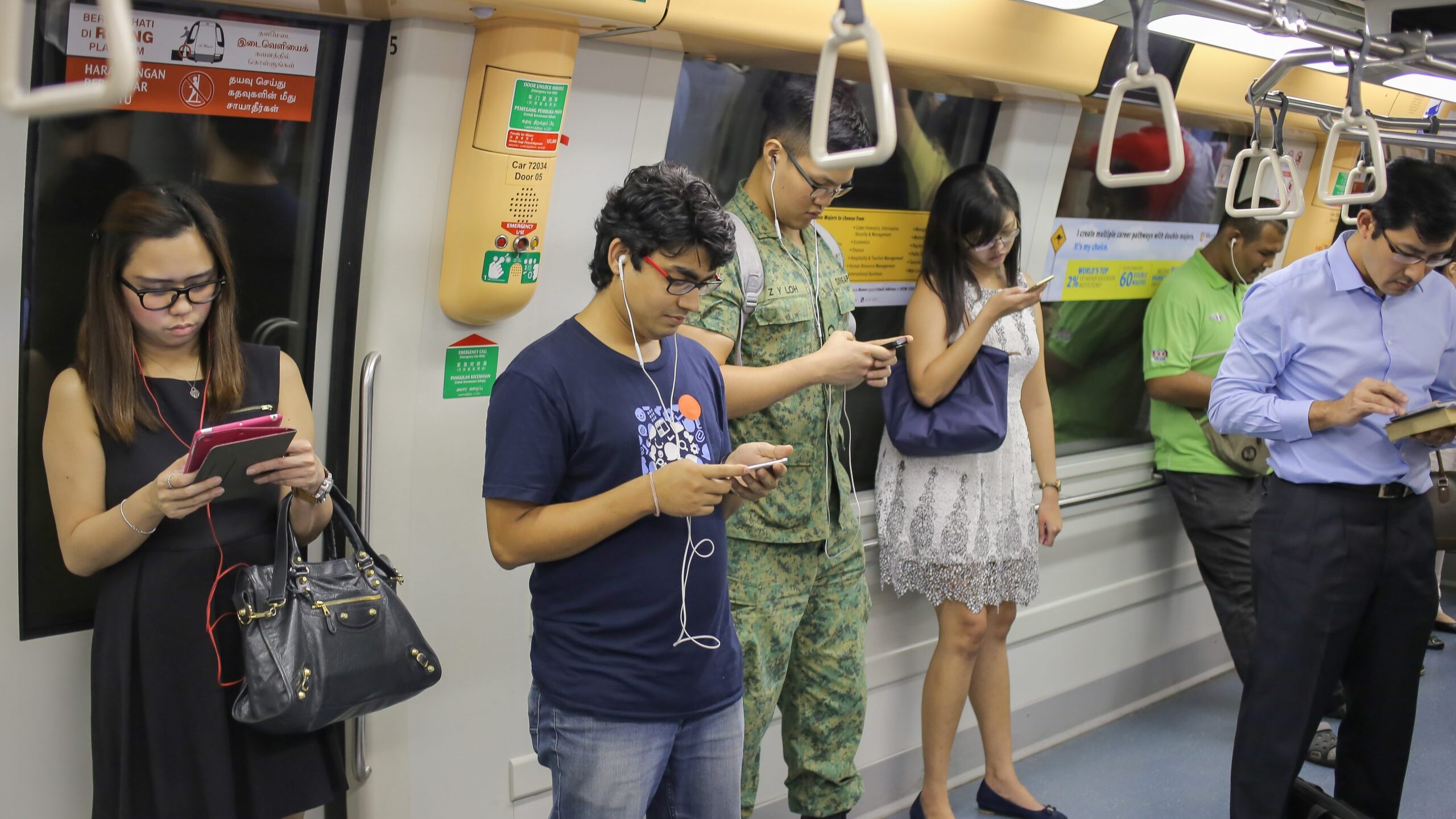The Relation Between Official WhatsApp-Distributed COVID-19 News Exposure and Psychological Symptoms: Cross-Sectional Survey Study
March 11, 2023

On March 11, 2020, the World Health Organisation (WHO) declared that the outbreak of coronavirus disease (COVID-19) had become a global pandemic. Within six months of the first reported case in December 2019, more than 9 million people were infected in over 200 countries and territories. Additionally, an estimated one in three individuals worldwide were placed under mandatory quarantines or movement restrictions as part of wide-ranging measures to control transmission of the virus.
During the COVID-19 pandemic, rumours and excessive news threatened the psychological well-being of many. The messenger application WhatsApp was adopted by both the World Health Organisation and government agencies to provide updates on COVID-19, providing rapid transmission of information and boosting resilience.
In ‘The Relation Between Official WhatsApp-Distributed COVID-19 News Exposure and Psychological Symptoms: Cross-Sectional Survey Study’ (Journal of Medical Internet Research, 2020), Assistant Professor Jean Liu (Yale-NUS Psychology) and Associate Professor Eddie Tong Mun Wai (NUS Psychology) assess well-being during the pandemic and examine whether subscription to an official WhatsApp channel can mitigate the risk of psychological distress caused by COVID-19 news.
Resilience was observed when individuals receive regular updates on COVID-19 and when they perceive the information to be adequate. However, spending excessive time reading updates is associated with poorer outcomes. Related to information availability, individuals also fare more poorly when they lack confidence in the health care infrastructure, and when they worry about potential infections among family members. In today’s age of social media, false information has spread so rapidly that the WHO has termed this phenomenon an “infodemic”.
Given this landscape, several governments have capitalized on social media itself to engage the public. Notably, a growing number of countries — including Australia, Singapore, and the United Kingdom — have used the platform WhatsApp to provide COVID-19 updates. Since WhatsApp is the most widely used messaging platform worldwide, these channels allow governments to access large segments of the population. Further, messages can be sent near-instantly, co-opting the very channel used to disseminate false information. Platforms like WhatsApp thus prove ideal for boosting psychological resilience during this global pandemic.
In 2020, the authors conducted a survey involving 1,145 adults in Singapore. Participants completed the Depression, Anxiety, and Stress Scale (DASS-21) and answered questions about their exposure to COVID-19 news, their use of the Singapore government’s WhatsApp channel, and their demographics. They found that within the sample, 7.9% of participants had severe or extremely severe symptoms on at least one DASS-21 subscale. Depression scores were associated with increased time spent receiving COVID-19 updates, but the risks of depression, anxiety, and stress were mitigated by trust in the government’s WhatsApp messages. Finally, although stress symptoms increased with the amount of time spent receiving updates, these symptoms were not significantly related to WhatsApp use.
The findings suggest that messenger apps may be an effective medium for disseminating pandemic-related information, allowing official agencies to reach a broad sector of the population rapidly. In turn, this use may promote public well-being amid an “infodemic”.
Read the article here.
